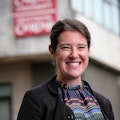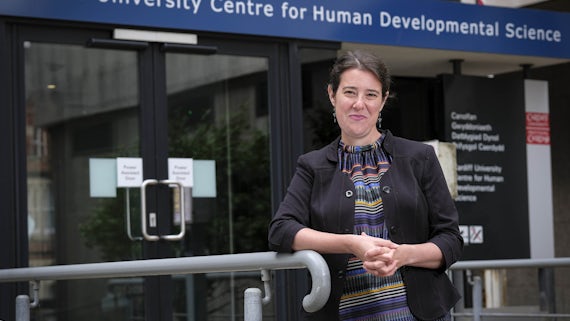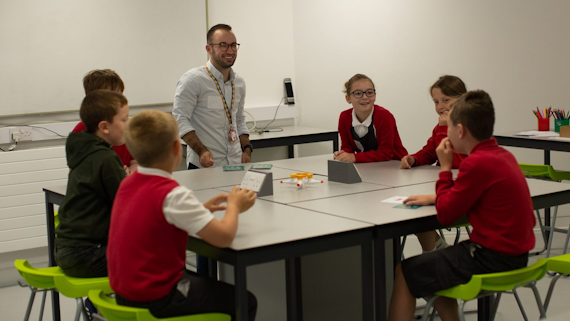
Helping children thrive in the classroom
Working with children and educators to help pupils get the very best from their time at school.
Fascinated by the way children’s minds develop and how children make sense of the world around them, developmental psychologists from our School of Psychology are working with children and teachers to consider key unanswered questions about child development and how research scientists might best answer them.
The team are working alongside children and their teachers to decide on research priorities that will help children thrive in their classrooms and get the very best experience from their time at school.
A key aim of the project is to not only establish areas of common interest for research but to conduct focused pieces of engaging science that directly relate to the learning objectives of the new Welsh curriculum.
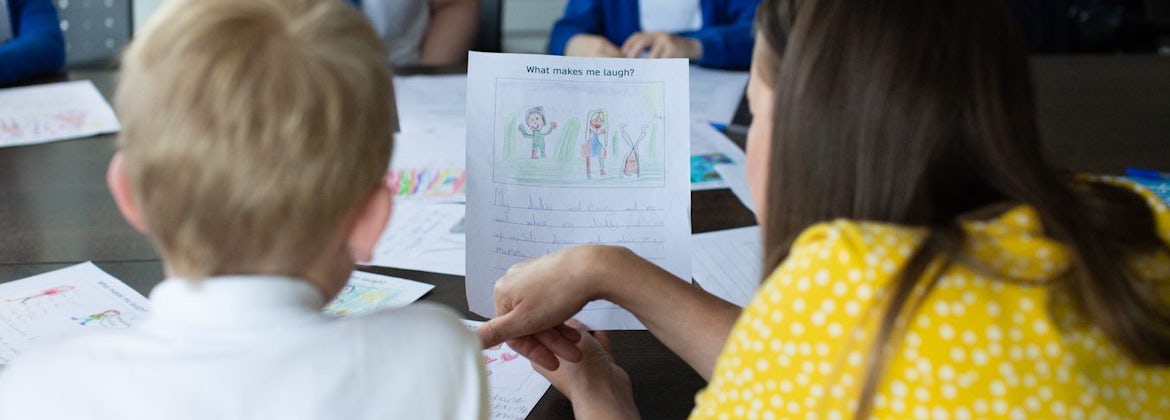
The project team are working together with children and teachers to decide on research priorities that will help children get the best out of their time in the classroom.
Striving to produce meaningful change
To produce meaningful change, research should reflect the needs of relevant stakeholders but traditionally researchers alone have set their research priorities. This project sought to systematically change this by identifying priorities for developmental science research alongside education professionals such as teachers, educational psychologists and children (5-11 years old) from traditionally less-represented communities in South Wales.
Engaging key beneficiaries in shaping research generates meaningful, needs-focussed impact.
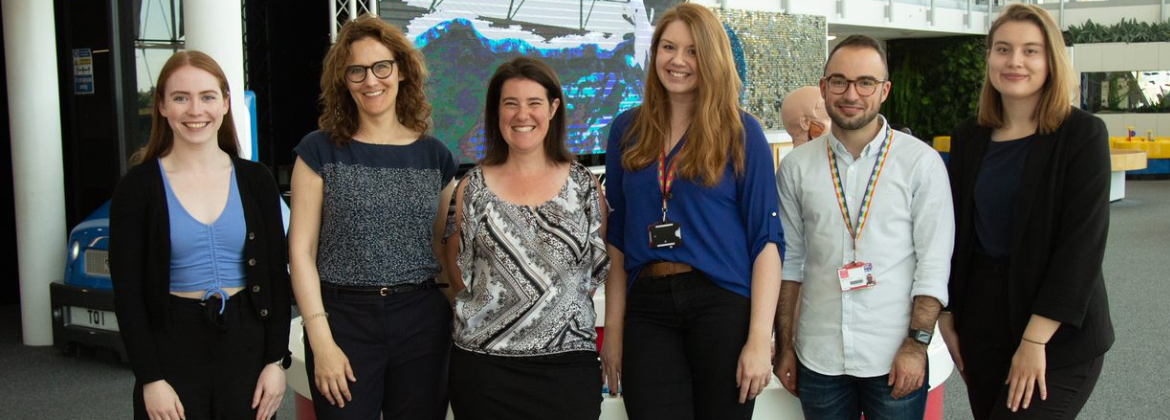
Our Centre for Human Developmental Science brings together established and early career researchers, who study the mechanisms of children's learning and behaviour within educational contexts.
Working with pupils and educators
A video illustrating existing key research themes in the Centre for Human Developmental Science served as input for a large survey of research priorities from primary school teachers and educational psychologists.
From this initial survey, several areas of importance to stakeholders led the team to develop two education workshops on developmental science for primary-aged children comprising of activities that reflected research topics identified in the survey. Workshops examined children’s sensory experiences within the classroom and humour and play. Each workshop enabled the researchers to understand children’s perspectives on the research topics, as well as providing the children with a positive learning experience.
These education workshops then fed into a co-production workshop at Techniquest with researchers, teachers and children to agree a final list of developmental science research questions.
“I really enjoyed being part of this project as it helped me to understand how classroom environments can affect a child’s development," reported one of the teachers participating in the project. "It is essential that children are given a 'voice' to express their thoughts and feelings on how a classroom should look and feel - particularly as they spend 6 hours a day in it. The workshops gave me a better insight into understanding what matters to children in terms of sensory experiences in the classroom.”
Content unavailable
Looking to the future
The shared priorities identified by the project will help shape the Centre’s research direction and form the basis for working with schools to carry out research that will make a real and meaningful difference.
The outcomes of this project will help boost the Centre’s capacity to generate co-produced research projects focussed on areas of need. At the end of the project, the Centre will gradually increase co-produced grant applications led by our researchers.
A key output of the project is training researchers, particularly early career researchers, in co-production. Importantly, the model for co-production developed as part of this project can be replicated with new partners and the Centre can embed new early career researchers within this network.
Findings from this project will also lead to further studies into how sensory information impacts learning experiences and how humour and play can improve a child’s school experiences.
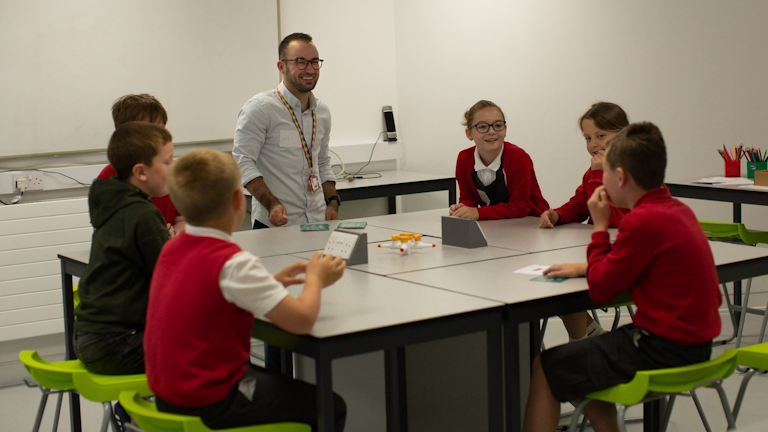
Our local community projects
We use our wide range of expertise to support and deliver impactful community led projects alongside student and staff volunteers.
